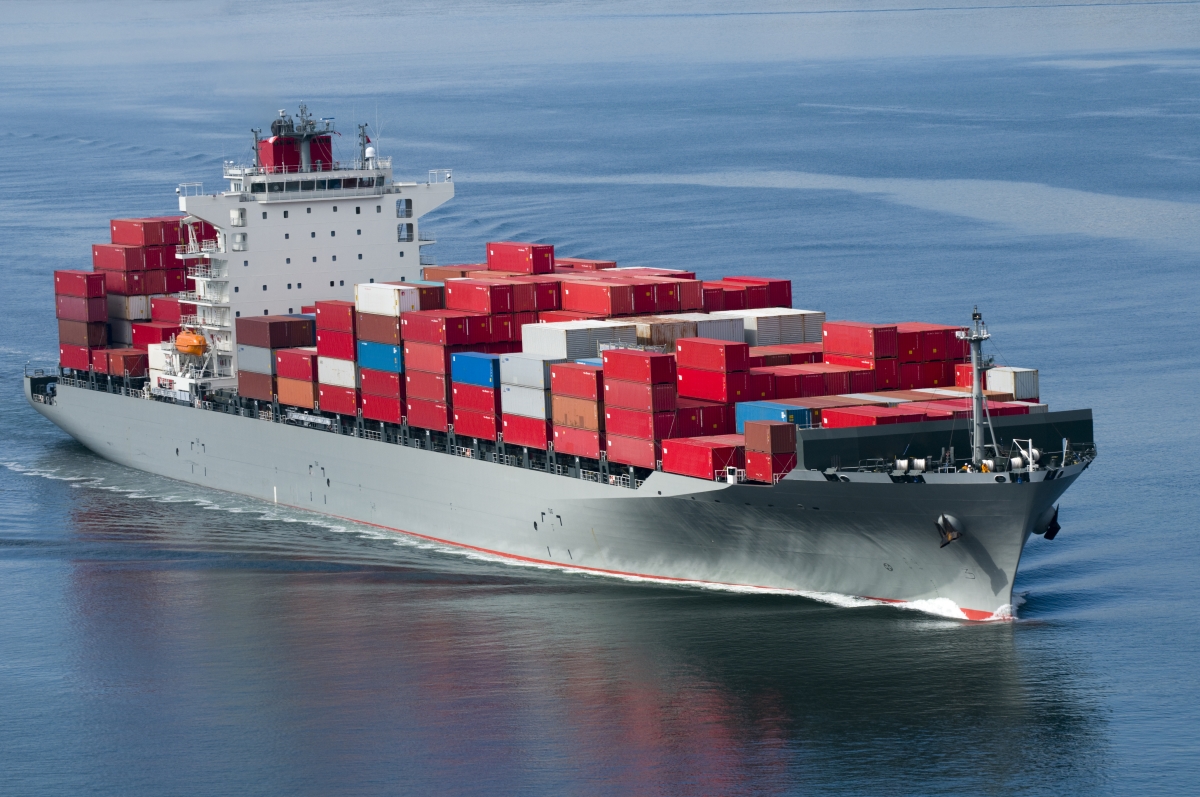An Update on the EU-Vietnam Free Trade Agreement Discussions
By Dezan Shira & Associates
Posted: 6th January 2016 09:48
After engaging in talks for 2.5 years, the European Union and Government of Vietnam agreed to the text of the most comprehensive FTA ever to be concluded with a developing country earlier this year. The agreement presents not only opportunities for investors and businesses alike, but on a political level it also establishes a new era in trade relations, which will bind the two partners closer together.The goal remains to further integrate the local Vietnamese market economy into the global economy, which will set an example for other South East Asian nations and future trade agreements. Despite all the positivity surrounding the agreement, it is important to note that for now only a declaration on the agreement has been signed between the parties. With cautious optimism in mind, the FTA will likely to be signed at ratified until 2017, with provisional entry into force in 2018.
The Agreement
The main features of the EU-Vietnam FTA have been described as examples for other nations, and a new generation in terms of free trade agreements. Main areas include sections on trade in goods, cross-cutting issues, as well as services and investment. Issues surrounding intellectual property rights and legal security and transparency, especially important for foreign investors, have been settled and will enjoy higher predictability by the local government. It is hoped that with more government security regarding dispute settlement in these areas, a second wave of European investment will flow into the country.
The liberalization of tariffs is sector specific. Some will be cut down by 99 percent as soon as the agreement enters into force. Others will follow after five to seven years while some goods will remain partially protected for as much as 10 years. The EU committed to cutting 99 percent of all tariff lines after seven years, while Vietnam promised the same after 10 years. At entry into force, the European Union declared it will reduce tariffs on 71 percent of the total value of Vietnamese exports, which applies to roughly 84 percent of products.
Vietnam will follow with reduced tariffs on 65 percent of the value of EU exports, which applies to 49 percent of products. The above also factors in the sensitivity, or inclination of a government to retain protectionist trade privileges, of a good. Most sensitive items, such as footwear and apparel and certain food and drink products will remain under tariffs for seven to 10 years after the agreement enters into force.
For the services and investment sector, like banking and other professional services, the agreement means access to a commercially meaningful market and higher protection and standards. The business climate will be more open and stable, allowing EU investors to receive clear commitments for licensing and a reformed approach for investment protection and dispute resolution.
With the road ahead, it remains imperative that stakeholders from both sides continue to be committed to the agreement. To increase mutual cooperation, an entire chapter on cooperation has been added to ensure the implementation of the FTA. Over the next years, the agreement will have to be translated and checked again for any legal loopholes. It will need to be authorized and receive consent from several different parties, to hopefully enter into force in 2018.
Since its establishment in 1992, Dezan Shira & Associates has been guiding foreign clients through Asia’s complex regulatory environment and assisting them with all aspects of legal, accounting, tax, internal control, HR, payroll and audit matters. As a full-service consultancy with operational offices across China, Hong Kong, India and emerging ASEAN, we are your reliable partner for business expansion in this region and beyond.
For inquiries, please email us at info@dezshira.com. Further information about our firm can be found at: www.dezshira.com




Comments